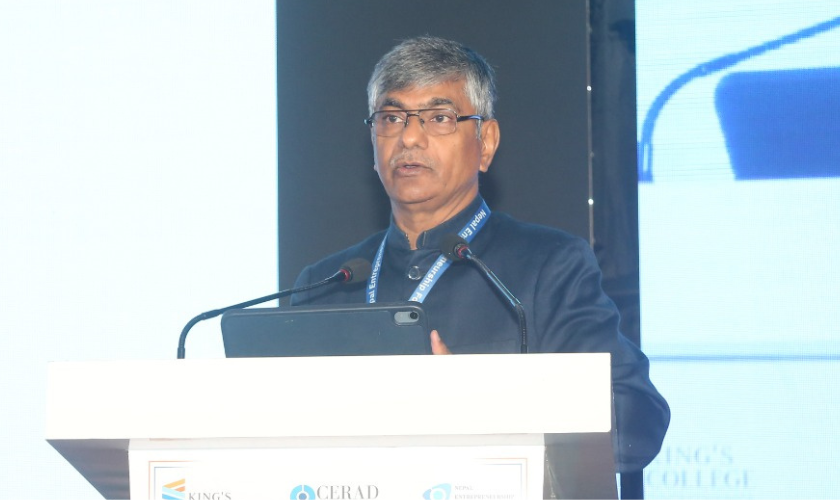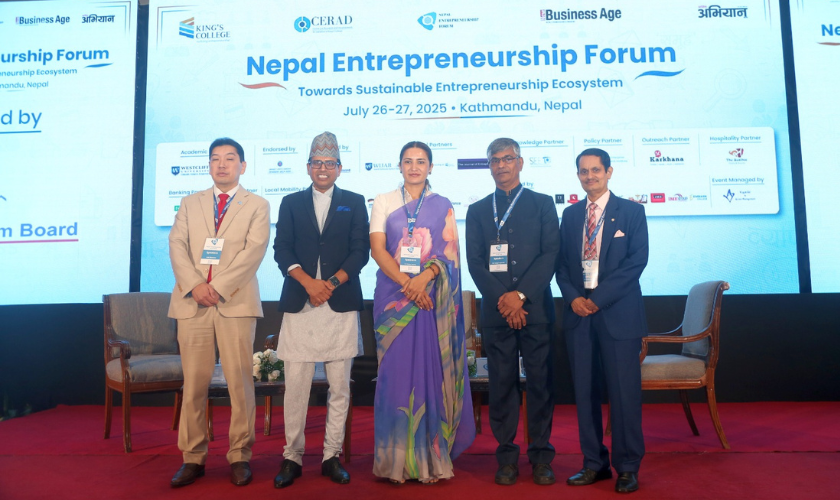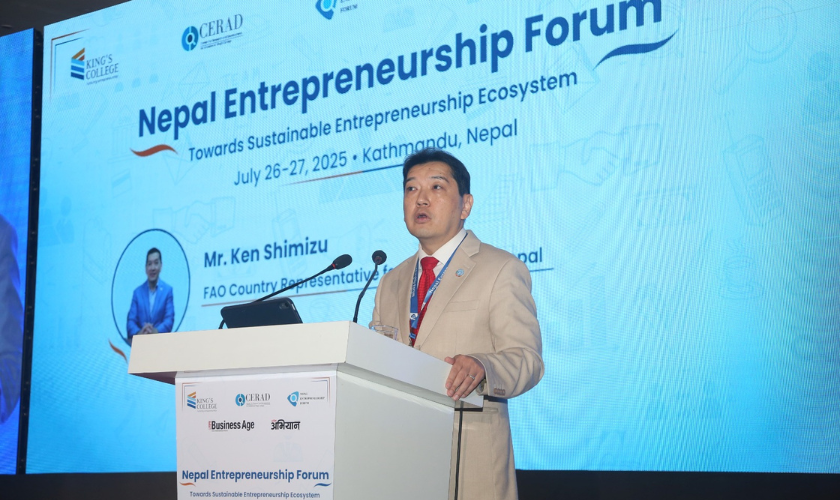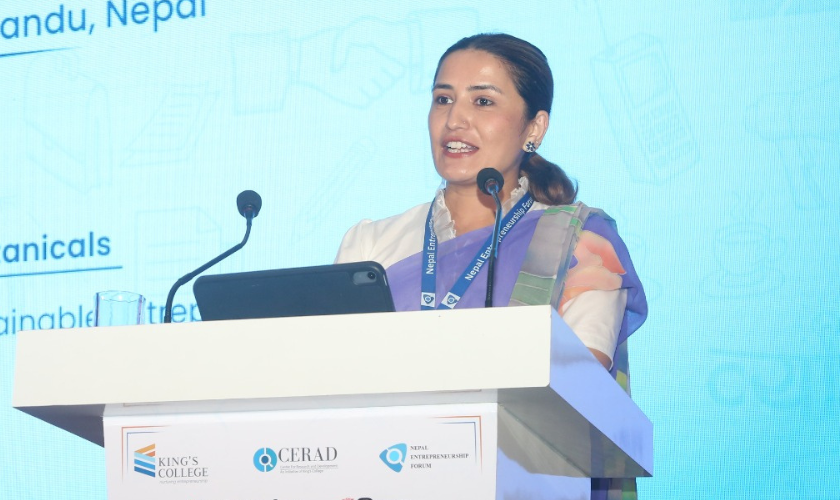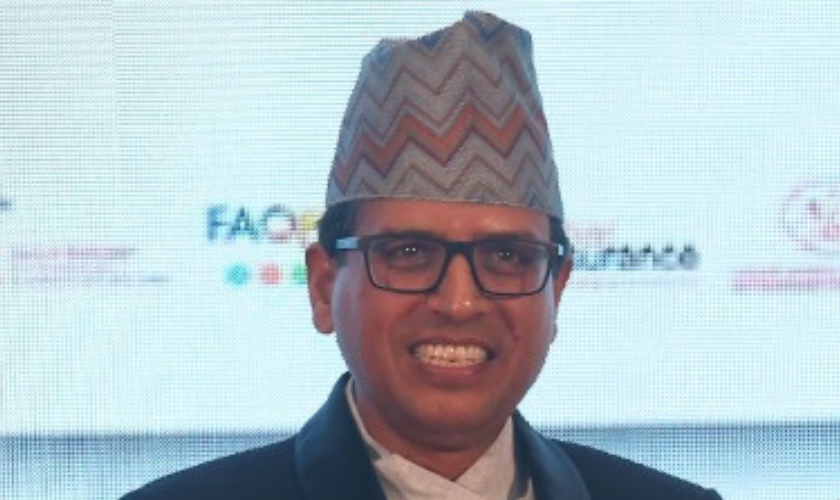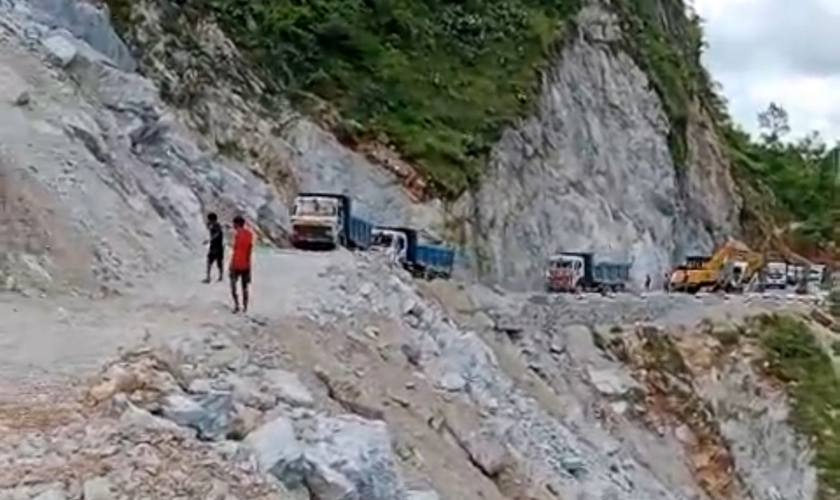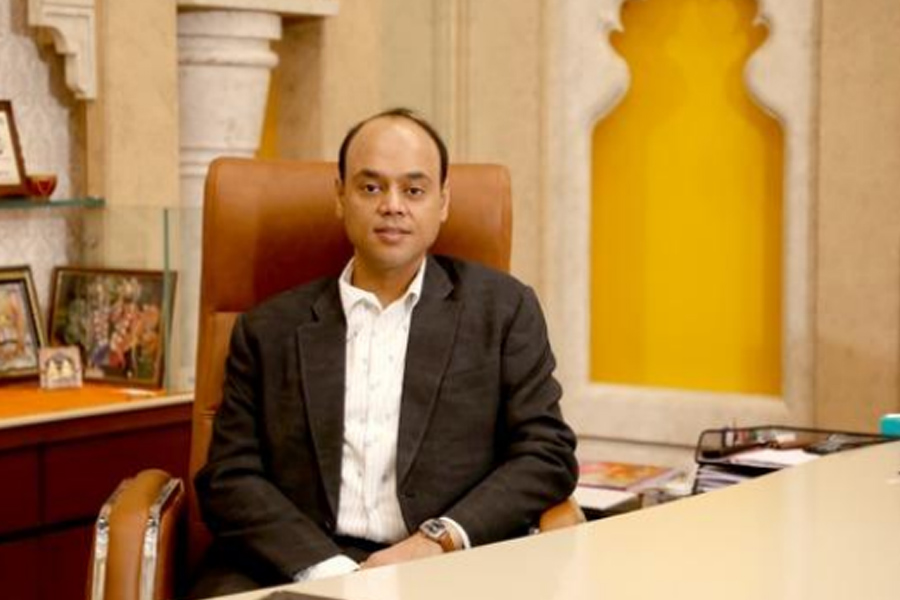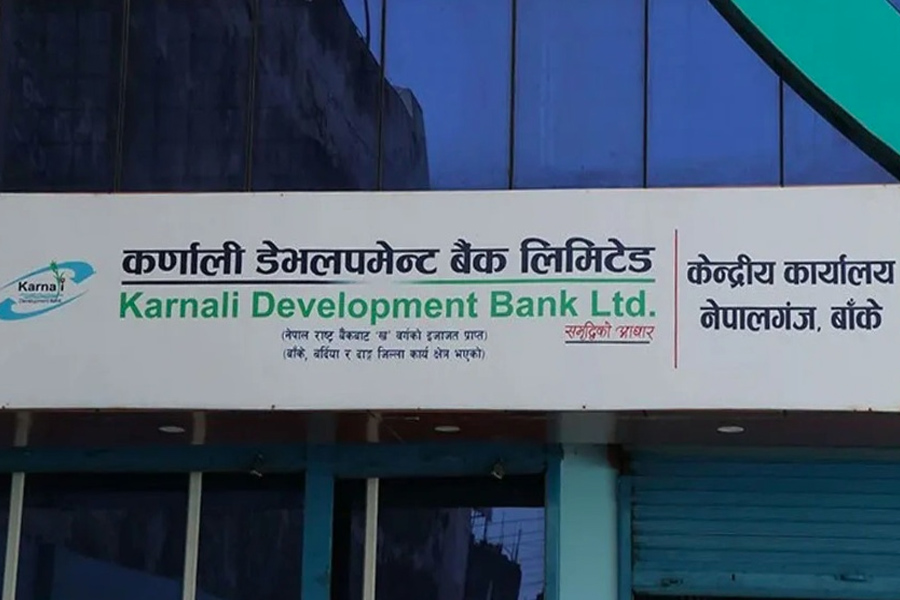Prof. Satyajit Majumdar, Managing Director of the Mumbai-based TISS Incube Foundation, underscored the transformative power of technology in building sustainable and inclusive entrepreneurial ecosystems—especially in remote and conflict-affected regions of South Asia–duirng his keynote address at the Nepal Entrepreneurship Forum (NEF), which began in Kathmandu on Saturday, July 26.
Organised by King’s College—one of Nepal’s leading institutions for entrepreneurship and business education—along with its research wing CERAD in association with New Business Age, the international conference is now in its second edition. It brings together over 25 speakers from Nepal and abroad to explore the theme of building a sustainable entrepreneurship ecosystem.
The two-day event aims to convene academics, entrepreneurs, policymakers, and other stakeholders to engage in dialogue around inclusive and resilient entrepreneurship models.
Drawing from his work in challenging areas such as the Kashmir Valley, Chhattisgarh, and Dantewada in India, Majumdar argued that fostering entrepreneurship in geopolitically disturbed regions is not just an economic goal—it is a societal necessity. “These are difficult places, but precisely for that reason, the subject of entrepreneurship becomes even more important,” he said.
He stressed that technology is now the primary driver of societal and market change, often outpacing the evolution of markets themselves. “The speed of technology is far superior to the speed of the market,” he said, noting that new technologies are reshaping lives, work, and business models.
Majumdar also broadened the definition of technology, stating that it should encompass indigenous knowledge, community practices, and local innovations. “Technology is a package of knowledge, skill, and artefact. It’s not just gadgets or the internet—it includes what local communities already know and do,” he said.
[Read: Nepal Must Bridge Gaps to Grow Agri-Business: FAO’s Shimizu ]
For entrepreneurship ecosystems to thrive, Majumdar highlighted the need for a strong yet adaptive legal and regulatory framework. He pointed out that India’s lack of a legal definition for social entrepreneurship is both a constraint and an opportunity—it allows experimentation, but complicates formal institutional design.

Financing social enterprises remains another major challenge, he added, citing the limits of donor-driven models. He referenced India’s Social Stock Exchange as a promising but underutilised initiative with potential to redefine access to capital.
On market access, Majumdar noted that small producers and artisans still struggle with pricing, packaging, and procurement hurdles. He called for rethinking market systems and improving public procurement mechanisms to support traditional producers.
He also highlighted the role of institutional support, including innovation hubs and incubation centres, in linking entrepreneurs with local communities. In Chhattisgarh, for example, startups have worked alongside farmers and community workers to co-develop drone-based agricultural tools and carbon sequestration initiatives. Such partnerships, he said, are reshaping value chains and creating localised economies.
[Read: President of King’s College Urges Unified National Vision for Entrepreneurship ]
Majumdar urged greater cross-border collaboration, proposing deeper partnerships between Nepali and Indian entrepreneurs—and broader cooperation across Central Asia.
He also spoke on the importance of education and research in documenting indigenous knowledge. “The pain point of indigenous knowledge is that it’s not documented. We must digitise and share it,” he said, calling for training programmes and digital tools to preserve oral traditions and community wisdom.
Describing sustainability as a multi-dimensional concept, Majumdar compared the dynamic relationship between business, society, and technology to a rotating cuboid. “We must decode our ecosystems. One answer does not fit all. Different countries, regions, and communities will require different approaches,” he said.
He addressed just transitions and climate action, sharing insights from development planning in Dantewada—a district rich in iron ore but marked by conflict and environmental risks. He warned against simplistic energy transitions, such as replacing coal with solar, without factoring in local socio-economic conditions. “We need to plan for economic and social realities—not just shift energy sources,” he said.
[Read: Entrepreneurship Is Not a Solo Act: Dr. Prativa Pandey ]
While applauding corporate sustainability efforts—such as Tata Motors’ net-zero, water-positive plant in Dharwad—Majumdar insisted that long-term transformation must come from grassroots entrepreneurship, inclusive planning, and technological access. He called for platforms that directly connect farmers and startups, backed by stronger institutional frameworks.
Positioning entrepreneurship as a problem-solving agent and technology as an enabler, he said both should be driven by the aspirations of society. This approach, he suggested, should be embedded into academic curricula, incubation models, and national development agendas.
“We have to challenge existing value chains and define new models of economic growth that are sustainable and inclusive,” he said.
Concluding his address, Majumdar posed a series of questions to the forum: “What is the role of business beyond products and services? What is our purpose? How do we ensure what we build today serves not only us, but the generations to come?”
Platforms like NEF, he said, are essential to exploring the intersection of entrepreneurship, technology, and social impact in the 21st century.

